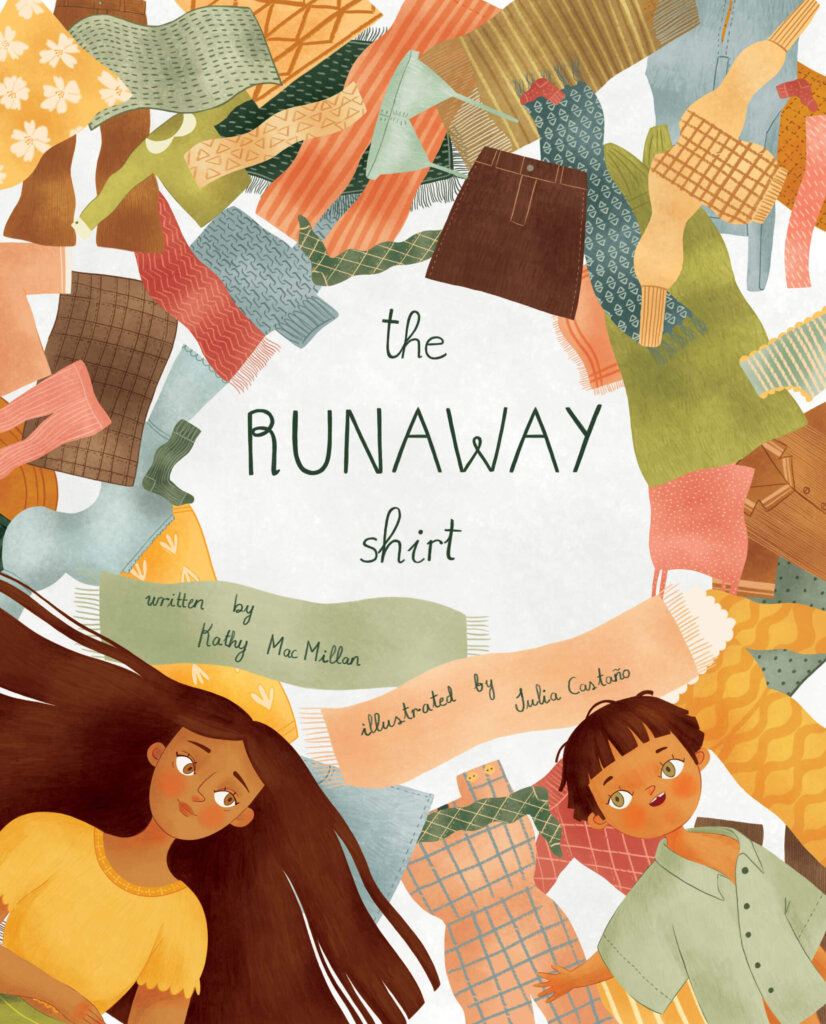
Habits of Healing: Surviving the Pain of Loss
I was seventeen when I lost my favorite person on Earth. I had known Jacob for four years, both romantically and platonically. It was mid-junior year in high school, post-break-up, and the only class we had together was Englishmy favorite, his least favorite. We had drifted apart after he became part of the cool athlete clique, but one day we stayed after class to study and talk. Our conversation mostly revolved around our assignments, friends, and plans for the futurecollege application deadlines were fast approaching, after all. As we talked, he seemed unsure of himself; he didn’t know what else to pursue beyond his football talents. I asked him what mattered most to him. He didn’t have an answer for that, nor did he know what his life goals or passions were. He left our study session early. The next thing I remember is a flurry of phone calls from friends telling me that Jacob had shot himself on our once favorite picnic spot, World’s Edge, January 10, 2009. The gun had been a birthday gift from his grandfather.
The impact of loss hits you from nowhere, and all at once. The pressure, the weight of it: it’s hard to shake off, to breathe, to clear your head. The pressure is simply there, and it doesn’t retreat, not until time heals your pain. When I lost Jacob, I was experienced enough to deal with my grief in a constructive way through listening to others and tending to their grief, and I was old enough for my grief to serve more as a warning than as an irreparable scar. Though Jacob is not my only loss to suicide, he was my first. Thankfully, I’ve learned what I have to do to survive the pain of loss. Surviving requires mental stamina, compassion for others, an understanding of what you can and cannot control, acknowledgement towards the singular experience of grief, and the belief that, with time, you will be able to live on, even if grief interrupts your routine occasionally. It’s natural to find yourself reeling on an emotional rollercoaster, trying to forgive, trying not to forget, and struggling onward, hoping that your lost loved one would be proud of you. Loss is something every person will deal with at some point; coping with intense personal trials is just part of the human condition.
Sharing your love, your feelings, living life to the fullest, appreciating single, peaceful moments, acknowledging the good that surrounds you, letting those good moments carry you through the bad timesthese are the best ways to cope with grief. While expressing your deepest feelings can be difficult, finding a healthy way of expressing them is important. Talk to someone about what you’re feeling, write your feelings down, dance them out, draw them; do what it takes to get them out of your system. As John Green writes in his book The Fault in Our Stars, “Pain demands to be felt.” Once you can recognize that the loss is reality, share your grief with others. Remember the things you loved about the person you lost. Celebrate his or her life. Channel your energy into something besides recounting the lossdistract yourself. This will help you fall back into the routine of daily life.
Your life does not end because another person’s does, no matter how much it may feel like that way. Take the time you need to heal. Then, once you feel emotionally rejuvenated, seek the happiness in life you desire, knowing that that’s what your loved one would have you do. The power of positive thinking goes a long way.
“Everything will be all right in the end, and if it’s not, then it’s not the end.”
-Maggoch, D., The Best Exotic Marigold Hotel
Like the article? We bet you’ll love this book:
After experiencing the loss of her first-born son, Melissa Dalton-Bradford thrust herself into literature searching for those who have experienced similar, devastating loss. What she found was co…
On Loss and Living Onward
Melissa Bradford
Buy Now
